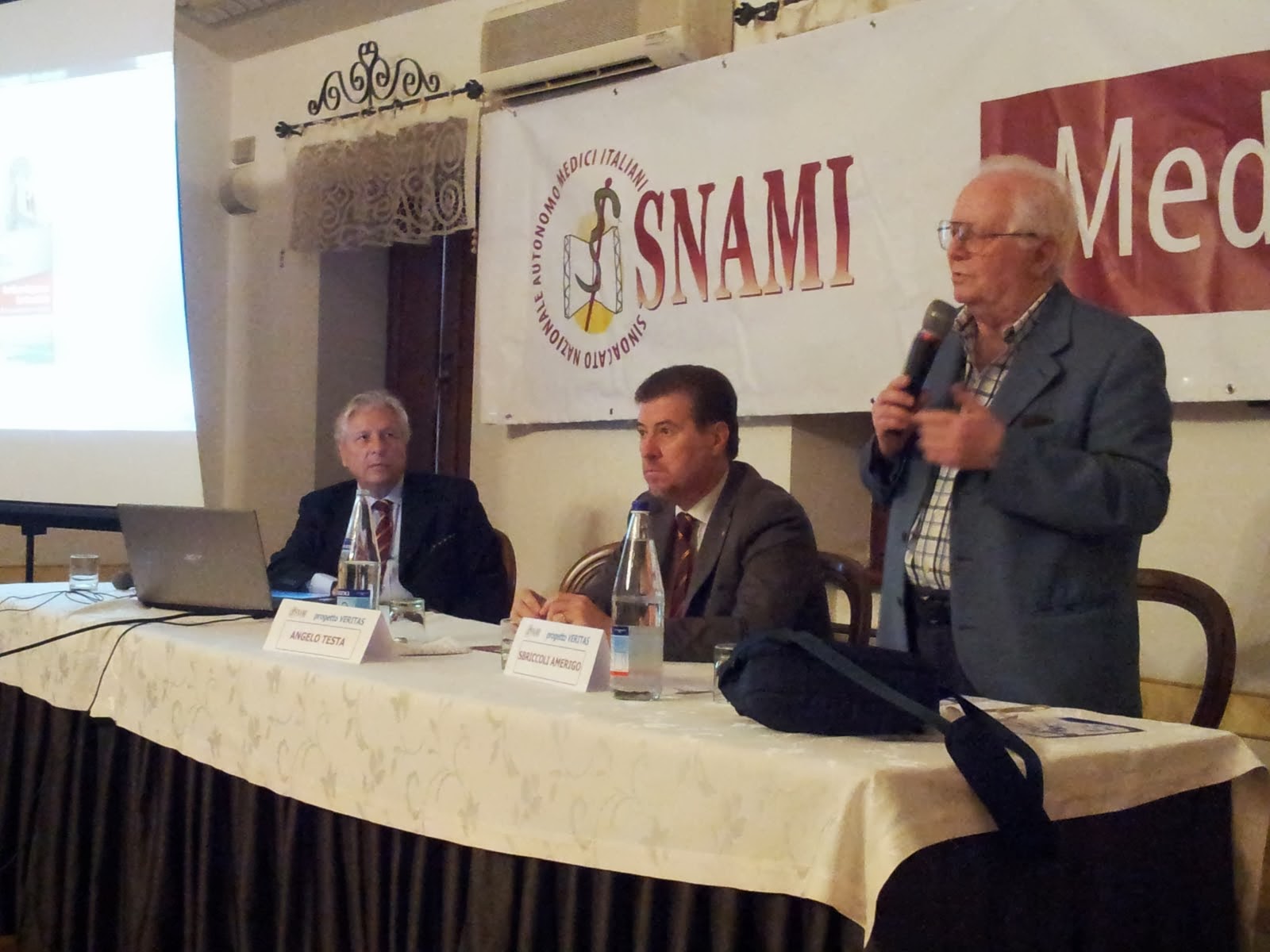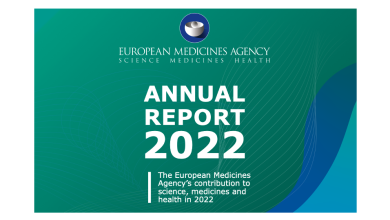
St We need clearer and more accurate information on drugs and their substitutability. Hence the idea of the National Autonomous Syndicate of Italian Doctors SNAMI to meet citizens, organizing a series of events open to the population until December in various Italian cities. After the appointments in Pisa and Bologna last May and Naples in June, the next meetings are set for tomorrow 12 September in Avellino and 19 September in Trieste. Here is the info:
We need clearer and more accurate information on drugs and their substitutability. Hence the idea of the National Autonomous Syndicate of Italian Doctors SNAMI to meet citizens, organizing a series of events open to the population until December in various Italian cities. After the appointments in Pisa and Bologna last May and Naples in June, the next meetings are set for tomorrow 12 September in Avellino and 19 September in Trieste. Here is the info:
September 12th – Hotel de la Ville – via Palatucci 20 – Avellino
September 19th – NH Hotel Trieste – Corso Cavour, 7 – Trieste
“The percentages leave no room for any doubt – he says Angel Head, National President of Snami – we are dealing with a considerable portion of the population. One of the determining factors that has made a significant contribution to the worsening of the health conditions of all these subjects has been the promotion, not adequately regulated from a medical point of view, of the prescription and use of equivalent drugs that can be substituted for each other during therapy. There are two main reasons that, until now, have guided this line of conduct followed on a global scale by health professionals:
. The first is determined by the precise request of the Ministry of Health to implement a strong reduction in national health expenditure, which therefore 'de facto' stimulates the free prescription (when possible) of equivalent drugs, keeping bio-equivalence as the only evaluation parameter
The first is determined by the precise request of the Ministry of Health to implement a strong reduction in national health expenditure, which therefore 'de facto' stimulates the free prescription (when possible) of equivalent drugs, keeping bio-equivalence as the only evaluation parameter
. The second reason is given by the general acceptance of the concept that generic drugs are interchangeable with each other during the therapy phase since they are essentially identical in terms of effectiveness.
Replacing the starting drug, whether generic or branded, with its equivalent, during the treatment phase, exposes to an (incalculable) risk of complicating the pharmacological management of the disease and, in some cases, can even make the medical prescription itself ineffective. The goal is to make people understand the importance of constant therapy in the treatment of diseases, especially chronic ones, always taking into due consideration the possible clinical complications that could arise from a continuous (or even single) change of equivalent medicines during therapy. There are many objective reasons why one may have the obligation to give only one type of drug to the patient, these reasons are incontrovertible and it is on the basis of these that the possibility opens up of returning control of the therapy to the prescriber and therefore respecting the patient's right to be treated in the best possible way".
(LARA LUCIANO – 11 September 2015 – Libero Quotidiano.it)
Related news: #FabricheAperte”: the AssoGenerici initiative kicks off from ZETA Farmaceutici in Vicenza






